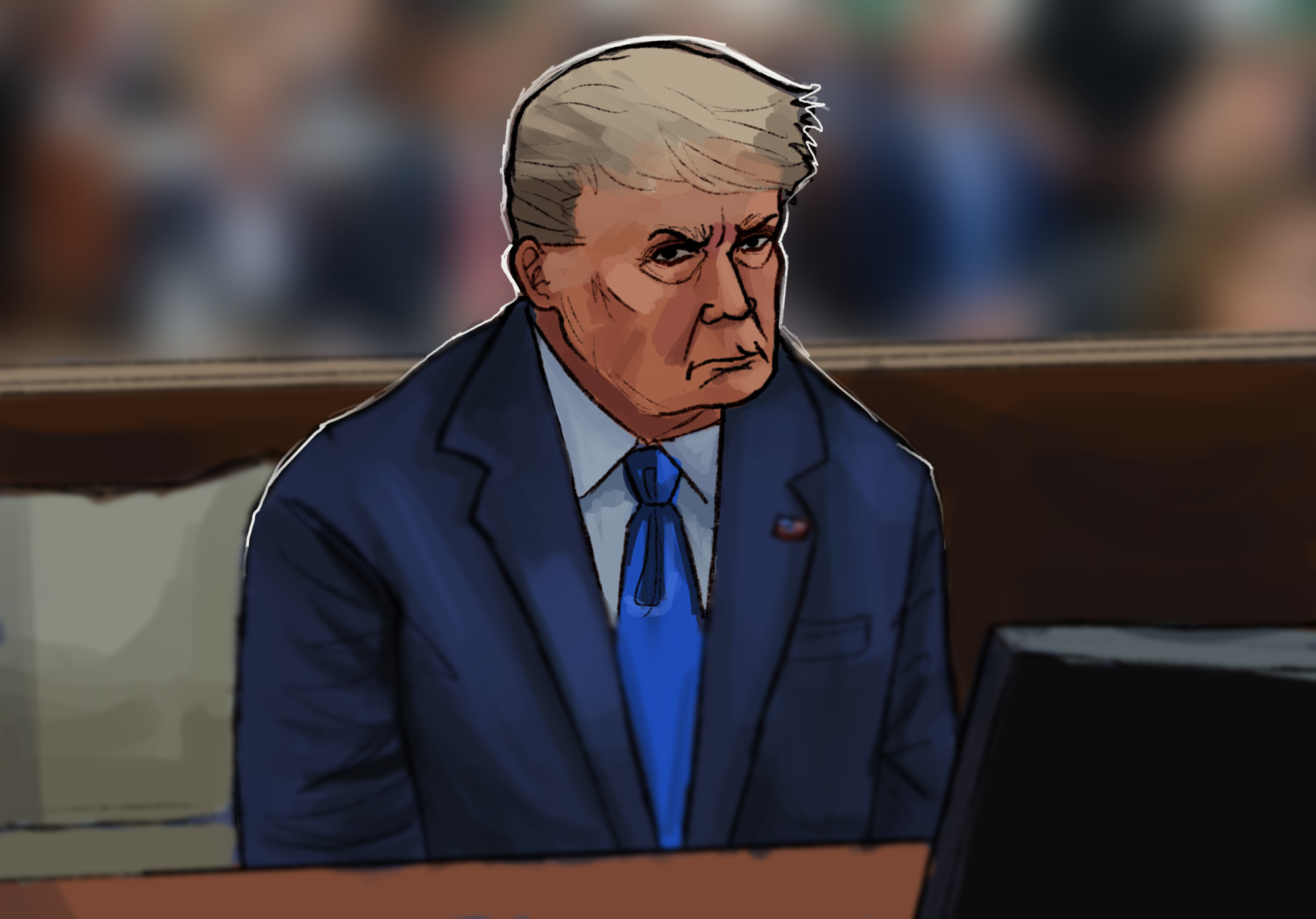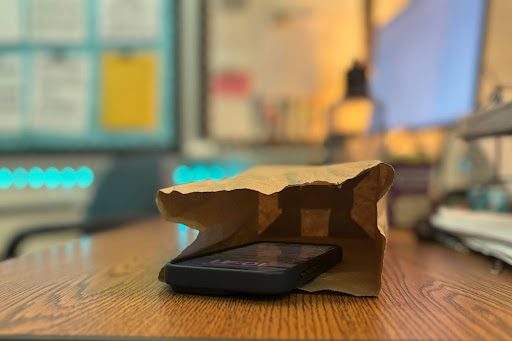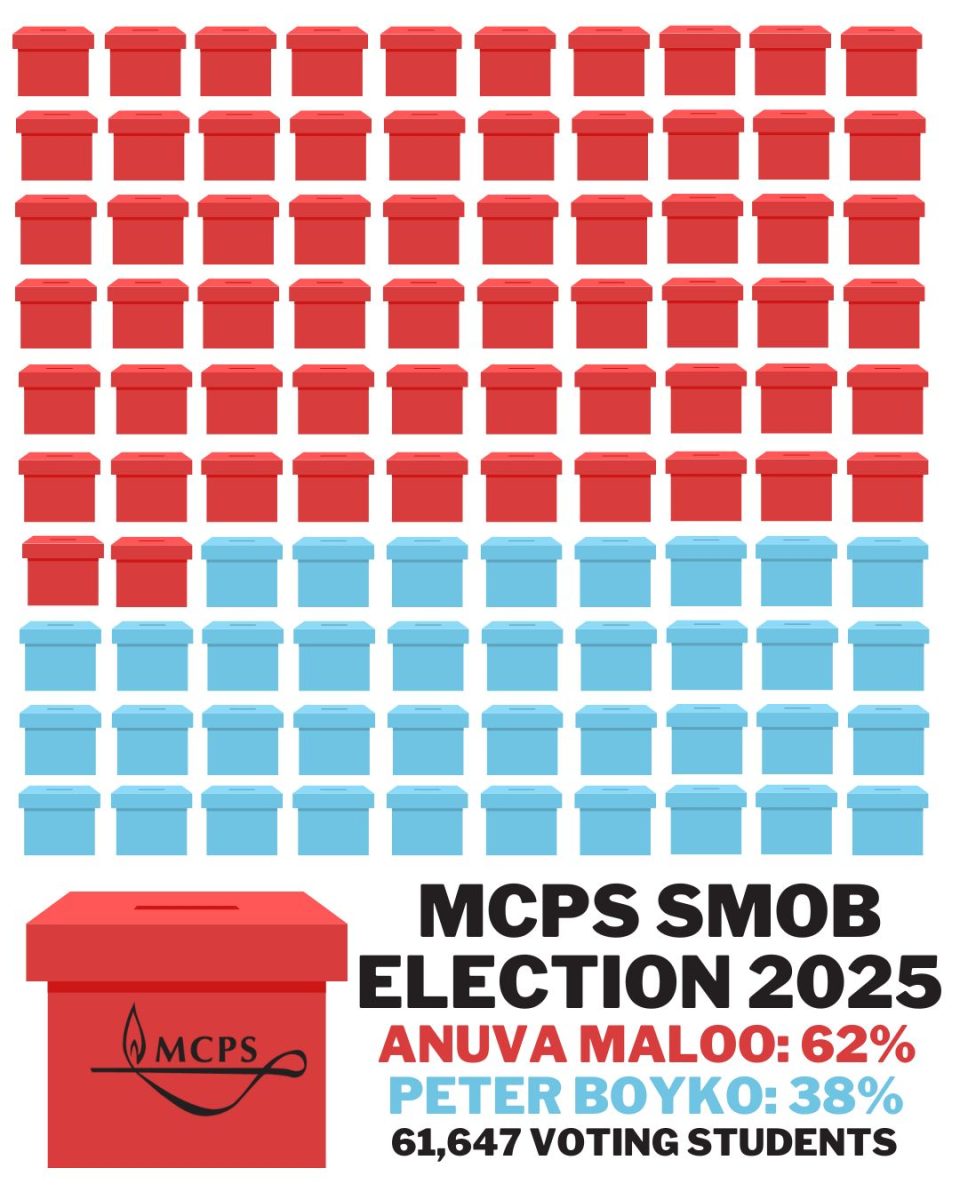On Oct. 2, former President Donald Trump’s criminal trial began in New York, which is taking place under accusations of fraud due to a decade-long scheme to inflate Trump’s net worth and get more favorable loan terms. Arthur Engoron, a New York judge, has already ruled that Trump committed fraud, but a trial is being held to decide how much the Trump’s companies and others who were involved with the alleged scheme will have to pay, as well as whether they will be banned from real estate transactions or interactions with banks in New York.
Last September, New York Attorney General Letitia James, Trump’s prosecutor, attempted to bring a 250 million dollar lawsuit against Trump and his affiliates, accusing them of exaggerating the price of his assets in order to get more ideal conditions on loans and insurance policies. In the trial, her office is trying to prove six related claims regarding other false records and financial statements in an ultimate attempt to prevent Trump and his associates from being able to run a business in New York.
“I don’t really get why President Trump would evade taxes or commit fraud in order to become rich when he’s already a millionaire,” freshman Keira Tow said.
Trump’s lawyers and attorneys’ main counterargument is that he is wrongly accused and none of his financial statements were fraudulent, the former President pleading entirely innocent to all of the claims. They argue that no banks lost money and no one was misled by the statements, as the different valuations on property were just a part of the current real estate business. Ivanka Trump, the former President’s wife, testified that the main banker at Deutsche Bank, who he worked with, “expressed tremendous excitement to have our account.”
On November 15, Trump’s attorneys called for a mistrial which would entirely get rid of the case under an argument that it had been heavily impacted by political bias through Engoron and his principal law clerk. Trump and his team made these claims since the beginning of the trial, the former President himself posting on his social media app TruthSocial one day before it began, writing, “FRAUDULENT in pursuit of Election Interference, and worse. THIS WHOLE CASE IS A SHAM!!!”
However, on Nov. 17, Engoron ruled against the mistrial and said that the arguments for it were “utterly without merit.” The trial will therefore continue, and Engoron anticipates it to take more than two months, ending on Dec. 22.
The trial will end only a little bit more than a month before primaries will begin for the 2024 presidential election. As the former President was still a popular candidate for the upcoming vote, Trump’s trial brings inquiries about how that might change depending on Engoron’s ruling.
The Constitution poses very few limitations on Presidents’ or presidential candidates’ history of conviction or committal of felonies. The former President could technically be elected and serve as President while in prison. There are even more unknowns about the loyalty of his supporters after the case is settled and whether or not a different Republican candidate would be more likely to take his place because of the trial.
“I wonder how his campaign will be impacted if he’s declared guilty. Will it increase his supporters or lower them?” freshman Lucia Ewig said.







